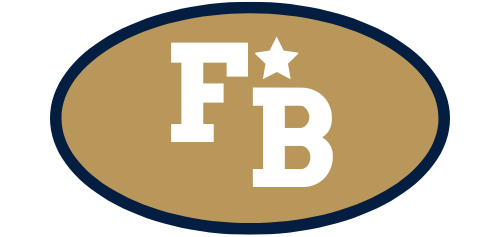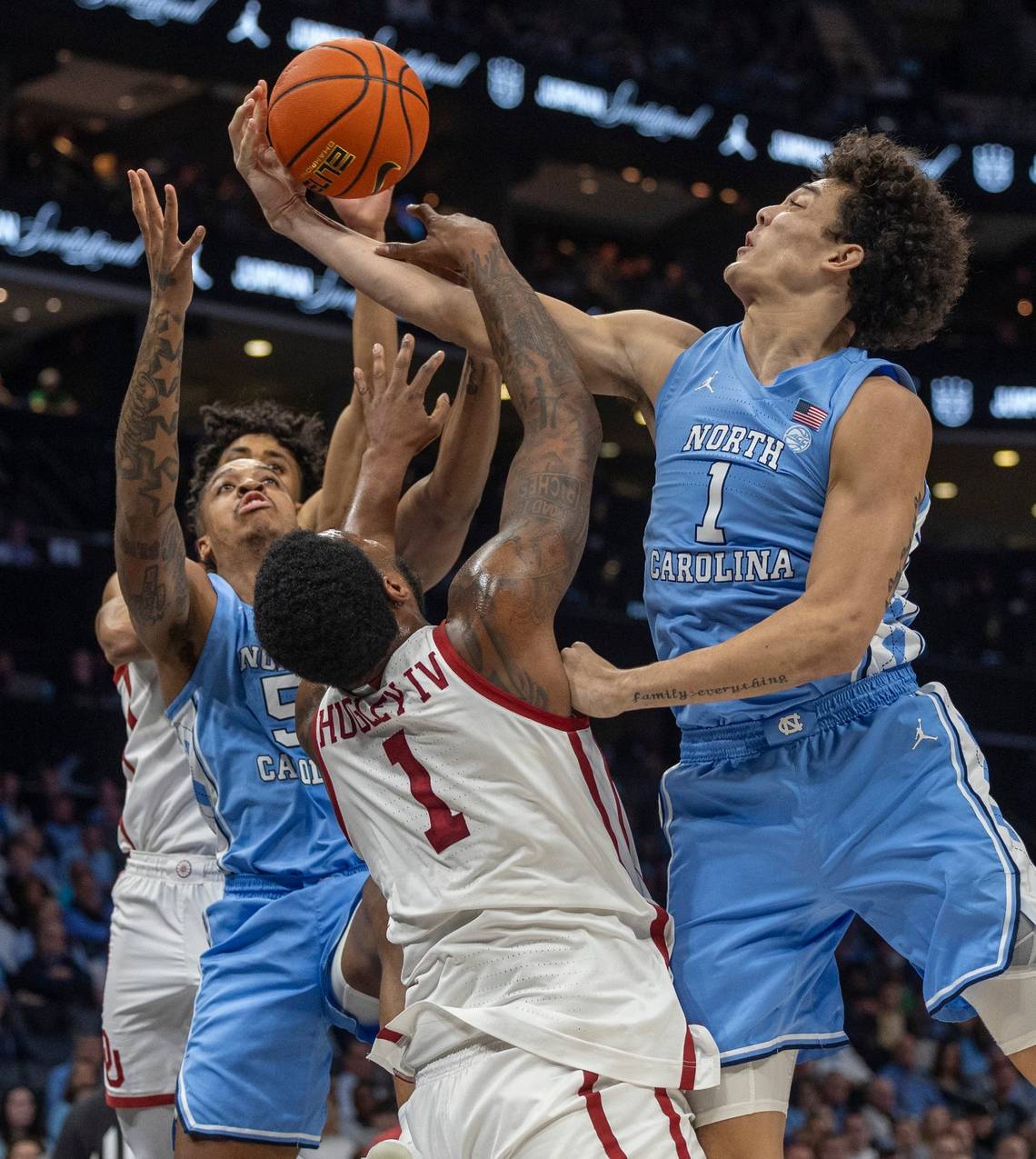UNC-Chapel Hill suspended men’s basketball player Zayden High last semester after determining he violated the university’s sexual exploitation policy, according to records reviewed by The News & Observer and interviews with those connected to the case. A fellow student reported that High recorded their sexual encounter without her consent last year. The N&O confirmed her account through five other sources familiar with the incident.
The student told The N&O that she felt “validated” when the university’s Equal Opportunity and Compliance Office found High responsible for misconduct in late August. “It didn’t erase the pain of what happened,” she said, “but it made me feel like there was accountability.” However, in the months following the ruling, she grew concerned that UNC had not ensured High complied fully with the sanctions.
High was suspended for the fall semester, meaning he couldn’t attend classes or participate in athletics. He returned in the spring under probation, during which he is prohibited from representing the university, including in sports. Despite this, university emails reviewed by The N&O show High retained some athlete privileges, such as access to athletic facilities, training independently, and receiving athlete-specific meals and services. He was also seen with basketball team members on the Dean Smith Center court during his probation, supported by video evidence.
“It’s extremely frustrating,” the student said. The N&O has protected her identity, honoring her request and the paper’s policy of not naming sexual misconduct survivors. It has also withheld the names of others who corroborated her story to avoid revealing her through association. She chose not to file criminal charges, instead reporting the matter to UNC’s EOC to preserve her privacy.
The lawyer representing Zayden High did not respond to inquiries, and UNC and its athletic department declined to answer specific questions from The News & Observer (N&O) about the investigation. Instead, they issued short statements and addressed only general questions about student disciplinary procedures. Under a 2020 North Carolina Supreme Court ruling, public universities must release names and sanctions of students found guilty of sexual misconduct upon request. A media attorney said High’s records likely fall under this ruling, but the university denied access to them, citing FERPA and state public records law. The university maintained it complies with the ruling but didn’t explain why High’s records weren’t disclosed.
The unnamed student’s attorney shared parts of the investigation’s findings with The N&O, and other evidence confirmed High was the individual investigated. High, a freshman at the time, filmed a sexual encounter without the student’s consent on Jan. 25, 2024. After confronting him, the student deleted the video from his phone. She later filed a report with UNC’s Equal Opportunity and Compliance (EOC) office, which found High responsible for sexual exploitation. He was suspended for at least one full semester starting August 2024 and was placed on probation upon return. While on probation, he was barred from representing UNC in athletics or student organizations and was required to complete education on consent and healthy relationships.
Although UNC’s basketball program said High was “not enrolled” in August, rather than “suspended,” raising concerns from the student and her lawyer, university officials stated that privacy laws prevent them from disclosing disciplinary statuses. However, in past cases, UNC has publicly referred to student-athletes as suspended.

Reports emerged that High had been accessing UNC athletic facilities, including the Smith Center, during his suspension, despite the sanctions. The EOC confirmed that High could use facilities individually while on probation, which surprised the student and her lawyer. Questions remain about how strictly UNC enforced the terms of his punishment.
Further concerns arose when High appeared in a UNC basketball promotional video shown during home games. The student saw the video twice, including once on March 1, and provided footage to The N&O. The EOC later confirmed the video was filmed during the spring semester after a team practice but said High was not being coached, maintaining he wasn’t violating probation.

